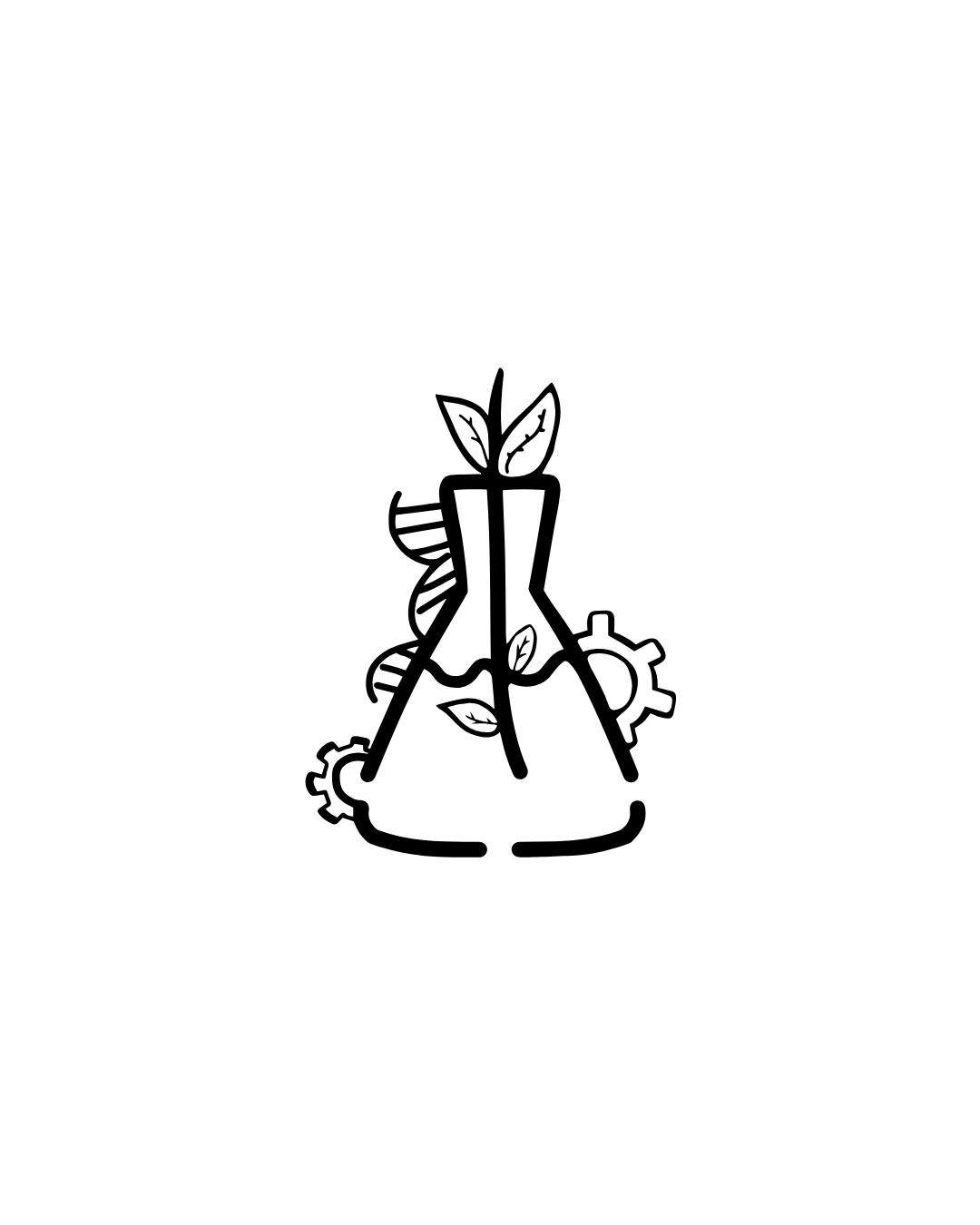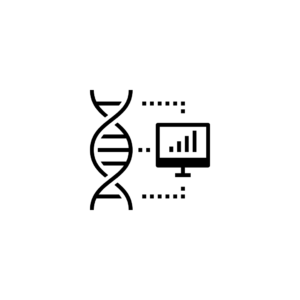Description
A Diploma in Biotechnology is a specialized program that explores the application of biological systems and organisms to develop or create products and technologies that improve human life and the environment. This diploma focuses on various aspects of biotechnology, including molecular biology, biochemistry, microbiology, and genetics, preparing students for careers in healthcare, pharmaceuticals, agriculture, and environmental science.
Curriculum Overview
The curriculum for a Diploma in Biotechnology typically encompasses a mix of theoretical knowledge and practical laboratory skills. Here are some common subjects and areas of study you might encounter in this program:
Introduction to Biotechnology:
Basic principles of biotechnology, including its history, techniques, and applications in various fields.
Cell Biology:
Understanding the structure and function of cells, cellular processes, and the role of cellular components in biotechnology.
Molecular Biology:
Study of DNA, RNA, and protein synthesis, including techniques like polymerase chain reaction (PCR), gel electrophoresis, and DNA cloning.
Microbiology:
Basics of microbial life, including bacteria, viruses, fungi, and their applications in industries such as fermentation and pharmaceuticals.
Biochemistry:
Understanding the chemical processes within living organisms, focusing on biomolecules like carbohydrates, proteins, lipids, and nucleic acids.
Genetics:
Principles of inheritance, gene expression, and genetic engineering techniques, including CRISPR and recombinant DNA technology.
Bioprocess Technology:
Study of the methods and processes used in the production of biopharmaceuticals, enzymes, and other biological products.
Environmental Biotechnology:
Understanding the use of biotechnological methods for environmental remediation, waste management, and sustainable practices.
Biostatistics and Bioinformatics:
Introduction to statistical methods and computational techniques used for analyzing biological data.
Regulatory Affairs in Biotechnology:
Overview of the regulations governing biotechnological products, including clinical trials, product approval, and ethical considerations.
Project Work or Laboratory Techniques:
Practical experience through laboratory work or a project that involves applying biotechnological principles to a specific problem or research question.
Career Opportunities
Graduates of a Diploma in Biotechnology can pursue a variety of career opportunities across different sectors, such as healthcare, pharmaceuticals, agriculture, and research institutions. Some potential job roles include:
Biotechnology Technician: Assisting in laboratory experiments, conducting tests, and supporting research activities.
Laboratory Technician: Performing routine analyses and tests in laboratories, ensuring proper protocols and safety measures are followed.
Quality Control Analyst: Monitoring and testing products in pharmaceutical or biotech companies to ensure they meet quality standards.
Research Assistant: Supporting scientists in research projects, including data collection, analysis, and reporting.
Bioprocess Engineer: Working on the design, implementation, and optimization of bioprocesses for the production of biological products.
Clinical Research Coordinator: Managing clinical trials, ensuring compliance with regulatory requirements, and overseeing participant recruitment and data collection.
Agricultural Biotechnologist: Developing genetically modified plants or microorganisms to improve crop yields and resist diseases.
Environmental Consultant: Applying biotechnological methods to address environmental challenges, such as pollution and waste management.
Sales/Technical Support in Biotech Companies: Providing technical assistance and support for biotech products and solutions.
Regulatory Affairs Specialist: Ensuring compliance with regulations and guidelines governing the development and commercialization of biotechnological products.
Further Education
After completing a Diploma in Biotechnology, graduates may choose to pursue further education by enrolling in a Bachelor?s degree program in Biotechnology, Biological Sciences, or a related field. Additionally, obtaining certifications in specialized areas such as clinical research, genetic engineering, or bioinformatics can enhance career opportunities and professional growth.
If you have any questions about the Diploma in Biotechnology program, potential career paths, or any related topics, feel free to ask!









